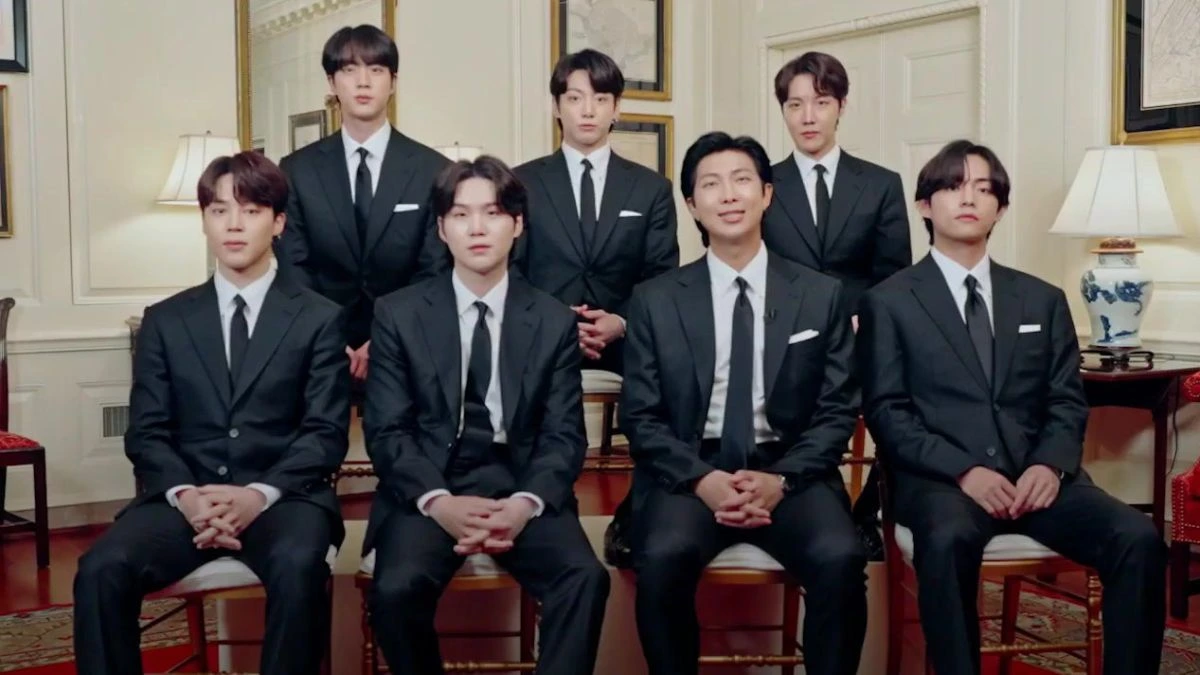HYBE, the South Korean entertainment company behind BTS, has established a subsidiary in Mumbai, marking its fifth overseas unit as it looks to globalize the K-pop idol system and deepen its foothold in one of the world’s fastest-growing music markets.
Operating under the mission, “Where voices of India become global stories,” the new entity — HYBE India Entertainment Private Ltd. — will stage nationwide auditions to scout local talent, then develop winners through a training pipeline tailored to the Indian market. The Mumbai office joins existing HYBE operations in the United States, Japan, Latin America and China, aligning with founder and chairman Bang Si-hyuk’s “multi-home, multi-genre” strategy.
“HYBE India will introduce artists, who will connect the local Indian market with the global market, leveraging HYBE’s full-spectrum capabilities across the music industry from talent discovery and development to album production, management, marketing and concert planning,” a HYBE official said.
The company said the Indian arm will also serve as a platform for HYBE’s current roster to expand touring and promotional activity in the country — a development with potential ripple effects across live events and ticketing. With a population of 1.46 billion and an estimated 185 million music-streaming users, India is the world’s second-largest streaming market after the U.S., according to the Federation of Indian Chambers of Commerce & Industry. Korean pop streaming in India surged 362% between 2018 and 2023, per the Korea Foundation for International Cultural Exchange.
For promoters and ticketing platforms, HYBE’s move could accelerate demand for arena-level and festival bookings featuring both Korean acts and new India-based idol groups. Establishing a local trainee system and content pipeline also positions the company to localize language and marketing — often a key factor in converting streaming audiences into concertgoers — while laying groundwork for sponsorships, fan engagement events and premium experiences that have become standard in K-pop touring.
Mumbai’s status as a production hub and gateway to major metros such as Delhi, Bengaluru and Hyderabad provides a practical base for routing tours and building regional fan communities. If HYBE replicates its playbook from other markets — blending artist discovery, social storytelling, and coordinated album-to-tour rollouts — the company could help lift mid-to-large venue utilization and broaden the mix of international programming on Indian calendars.
HYBE did not announce a specific audition timeline or debut projects for the India office. However, the company framed the move as a long-term investment in local talent and as a bridge to the global market, suggesting that training, A&R and content development will begin ahead of larger-scale live activity.
As global music companies jockey for position in high-growth territories, HYBE’s India expansion underscores the increasingly tight link between streaming traction and live demand — with ticketing, VIP offerings, and fan membership programs likely to follow as new artists come online.



